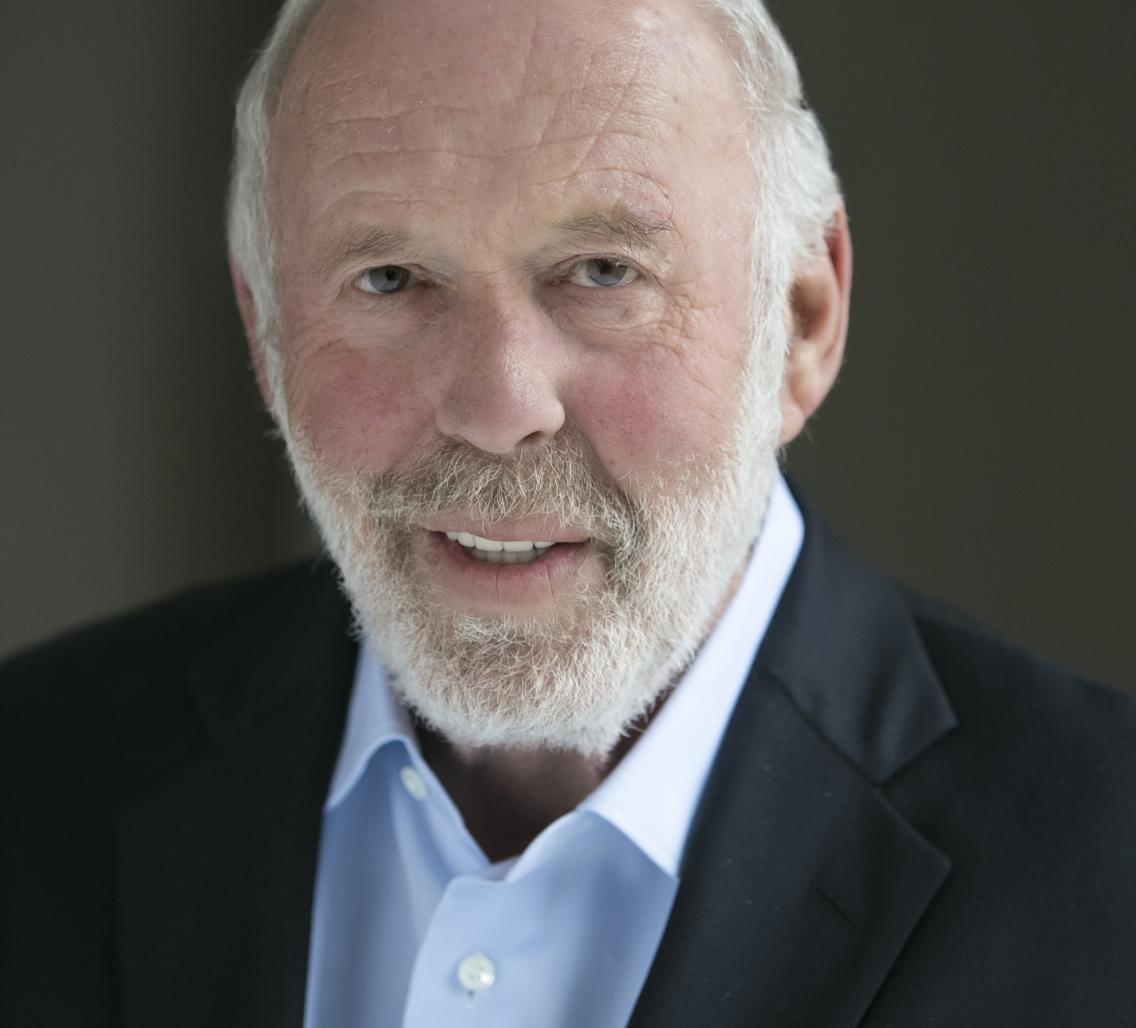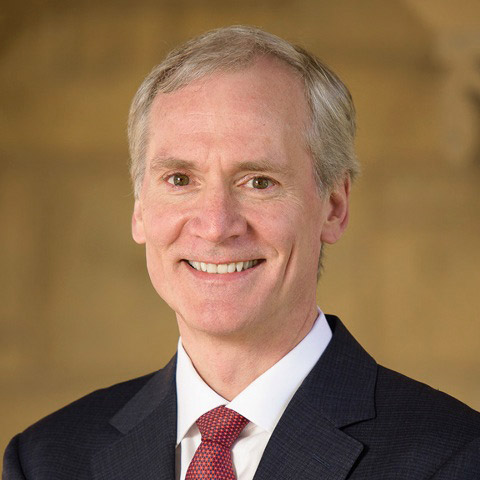Event Details:

Jim H. Simons, PhD
Simons Foundation
Bio
Dr. James H. Simons is Chairman of the Simons Foundation, an organization dedicated to advancing the frontiers of research in mathematics and the basic sciences. The Foundation’s philanthropic activities include a major research initiative on the causes of autism, and the establishment of an institute for research in mathematics and theoretical physics. The Foundation is particularly interested in the growing interface between the physical and life sciences and has established and endowed several such research programs at universities and institutions both in the US and abroad.
Dr. Simons is Board Chair of Renaissance Technologies LLC, a highly quantitative investment firm, from which he retired in 2009 having founded the company and serving as its CEO for over thirty years. Previously he was chairman of the Mathematics Department at the State University of New York at Stony Brook. Earlier in his career he was a cryptanalyst at the Institute of Defense Analyses in Princeton, and taught mathematics at the Massachusetts Institute of Technology and Harvard University.
Dr. Simons holds a B.S. in mathematics from the Massachusetts Institute of Technology and a Ph.D. in mathematics from the University of California at Berkeley. His scientific research was in the area of geometry and topology. He received the American Mathematical Society Veblen Prize in Geometry in 1975 for work that involved a recasting of the subject of area minimizing multi- dimensional surfaces. Dr. Simons' most influential research involved the discovery and application of certain geometric measurements, now called the Chern-Simons Invariants, which have wide use, particularly in theoretical physics.
Dr. Simons is the founder and Chairman of Math for America, a nonprofit organization with a mission to significantly improve math education in our nation’s public schools. He serves as Trustee of Brookhaven National Laboratory, the Institute for Advanced Study, Rockefeller University, the New York Genome Center, Institut des Hautes Études Scientifiques, and the Mathematical Sciences Research Institute in Berkeley. He is also a member of the Board of the MIT Corporation and Chair Emeritus of the Stony Brook Foundation. Dr. Simons is a member of the American Academy of Arts and Sciences, the American Philosophical Society and the National Academy of Sciences.

Marc Tessier-Lavigne, PhD
President, Stanford University
Bio
Dr. Tessier-Lavigne was born in Trenton, Ontario, Canada. He received undergraduate degrees in physics from McGill University and in philosophy and physiology from Oxford University, where he was a Rhodes Scholar. He earned a Ph.D. in physiology from University College London (UCL) and performed postdoctoral work at UCL and at Columbia University. He then held faculty positions at the University of California, San Francisco (UCSF) and subsequently at Stanford University, where he was the Susan B. Ford Professor in the School of Humanities and Sciences. While at UCSF and Stanford he was also an investigator with the Howard Hughes Medical Institute.
A world leader in the study of brain development and repair, Dr. Tessier-Lavigne’s research has focused on the cause and treatment of degenerative brain diseases such as Alzheimer’s and Parkinson’s, as well as on therapies for spinal cord injuries. Dr. Tessier-Lavigne and his colleagues revealed how neural circuits in the brain form during embryonic development by identifying molecules that direct the formation of connections among nerve cells. Defects in these mechanisms lead to neurological disorders. These mechanisms also provide targets to assist regeneration of nerve connections after trauma. His contributions have been recognized by numerous prizes and honors, including his election as a Member of the National Academy of Sciences (USA), the National Academy of Medicine (USA) and the American Philosophical Society, and as a Fellow of the Royal Society (UK), the Royal Society of Canada, the Academy of Medical Sciences (UK), the American Association for the Advancement of Science and the American Academy of Arts and Sciences.
In 2003, Dr. Tessier-Lavigne was recruited to biotechnology company Genentech, where he became Executive Vice President for Research and Chief Scientific Officer, directing 1,400 scientists in disease research and drug discovery for cancer, immune disorders, infectious diseases and neurodegenerative diseases, while maintaining an active research laboratory.
In 2011, Dr. Tessier-Lavigne became President of The Rockefeller University, a leading biomedical research university in New York City. At Rockefeller, Dr. Tessier-Lavigne worked with faculty, students, staff and trustees to develop and execute a nine-year strategic plan focused on junior and mid-career faculty recruitment; enhancement of graduate and postdoctoral education; establishment of interdisciplinary research programs and acquisition of advanced research instruments; expansion of the university’s translational medical infrastructure; and a $500 million, two-acre campus expansion project in the heart of Manhattan that broke ground in 2015.
Early in his tenure as Stanford president, Dr. Tessier-Lavigne, in partnership with Stanford Provost Persis Drell, launched a long-range planning process that produced a new strategic vision, which was announced in May 2019. Built on more than 2,800 ideas received from across the Stanford community, the vision sets priorities across the areas of research, education and community. True to Stanford’s roots, the vision focuses on magnifying the University’s beneficial impact in the world, with an emphasis on meeting the scale and urgency of the challenges ahead.
At a national and international level, Dr. Tessier-Lavigne has been an active spokesperson for societal support of science, through editorials, advocacy and congressional testimony.
Dr. Tessier-Lavigne serves on several scientific advisory, non-profit, and corporate boards. He has cofounded two start-up companies, targeting neurological disease and neurodegenerative disease.